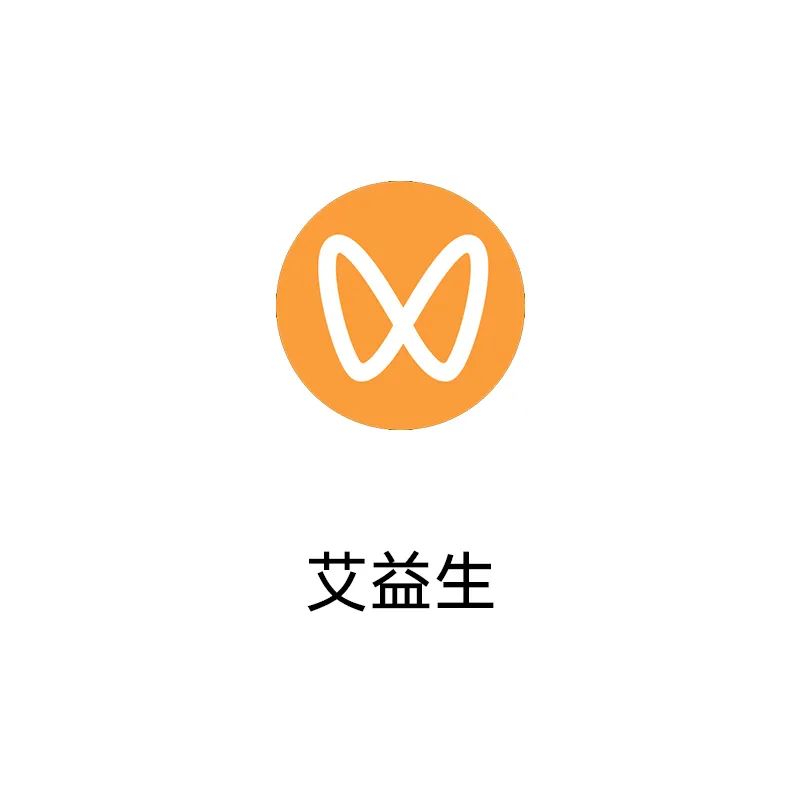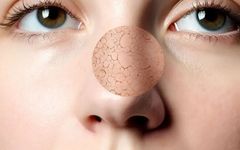When it comes to the season for preventing heat, the “dry autumn” is often the first response for many people. During this time, leaves wither and are easily “ignited,” leading to many manifestations of skin dryness in the human body.
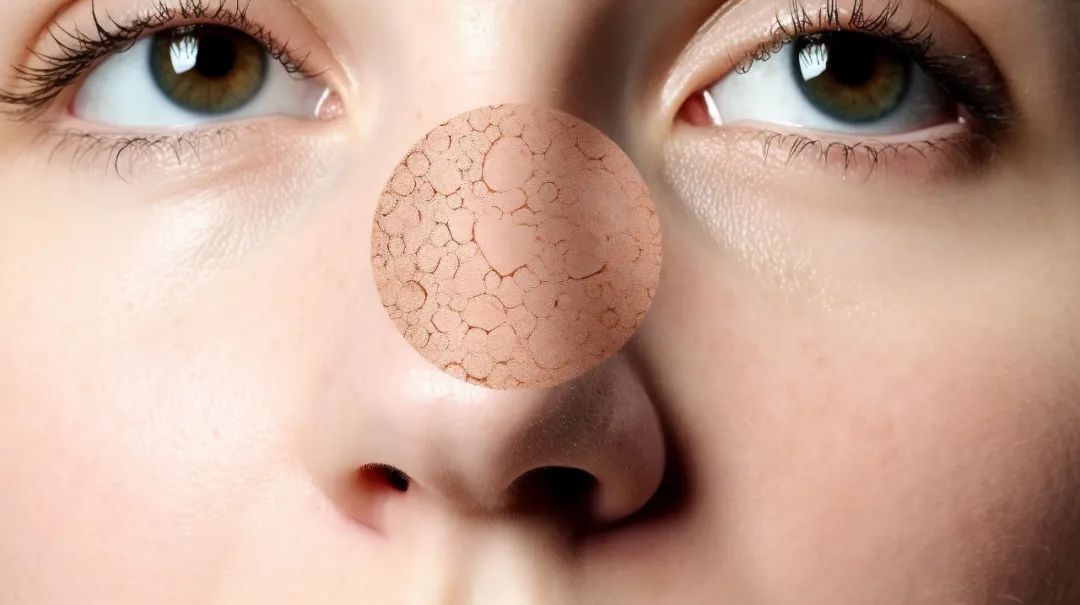
However! If we talk about when the human body is most prone to heat, it is actually in spring! Not summer~ Because most people can sweat a lot in summer to prevent the accumulation of Yang Qi (heat) from becoming too excessive.
Spring is different; after the dormancy of winter, the pores and skin of the human body are still in a tightly closed state. Once the weather gradually warms up, the Yang Qi accumulates in the body without being released, leading to symptoms of excess heat!
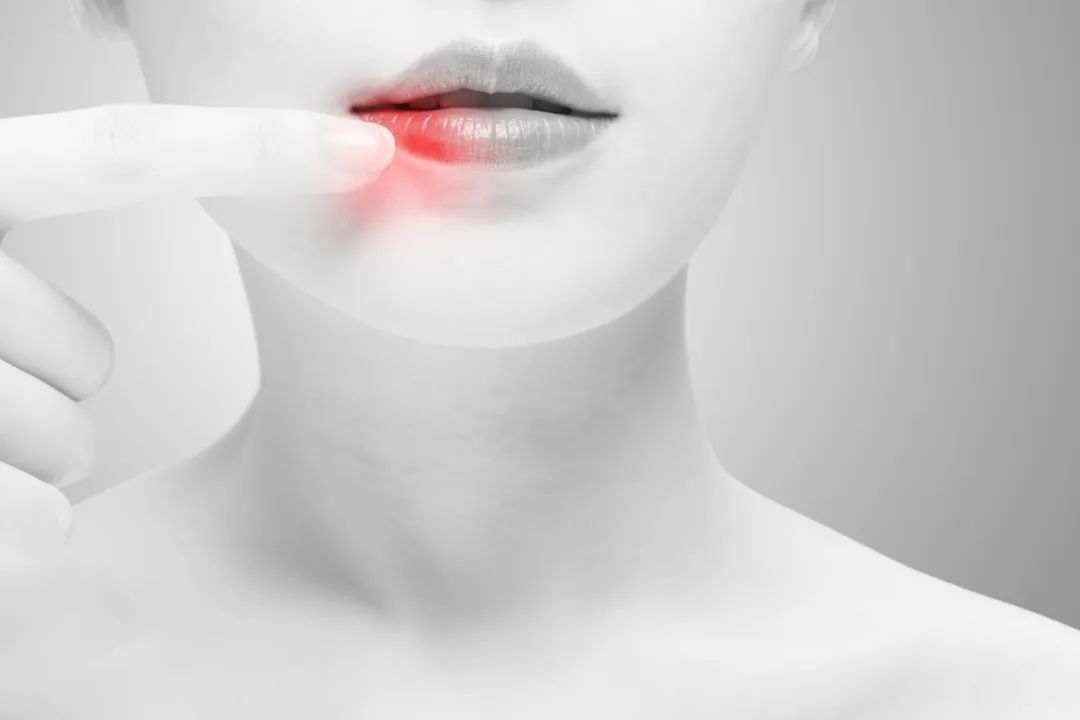
If autumn heat is like being “easily ignited,” then spring heat is more like “self-igniting.” Among them, the group most prone to “self-ignition” in spring is those with a “Yin Deficiency with Excess Heat Constitution.” Why is this the case?
Why is the Yin Deficiency with Excess Heat Constitution prone to self-ignition in spring?
As spring arrives and the cold gradually dissipates, the Yang Qi in nature rises, and all things begin to sprout. However, an important point is that the reason the human body does not get sick is that the “Yin and Yang” in the body are in a relatively balanced state. If Yang Qi continues to increase, this balance will be disrupted, leading to an excess of Yang over Yin, resulting in symptoms such as dry mouth, bitter taste, heat intolerance, constipation, and other heat-related issues.

In this process, the “Yin fluids” in the body, which are Yin in nature, are continuously consumed. Once the “Yin fluids” are depleted to a certain extent, the body is prone to exhibit symptoms of “Yin Deficiency”.
To understand this, one can imagine the health of the human body as similar to cooking soup. If we keep adding fire to it, the soup will gradually dry up, just like our Yin fluids. If your Yang Qi is constantly strong and burning, it will lead to the depletion of your Yin fluids. Therefore, many people think that reducing the heat is sufficient. However, when you reduce the heat, have you already dried up the water? Thus, nourishing Yin is also very important; nourishing Yin means replenishing your Yin fluids.
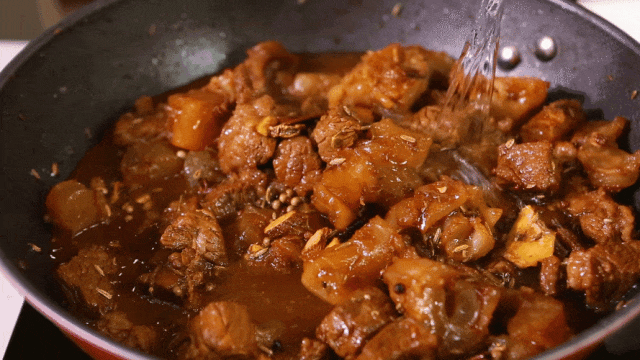
Does this explanation help you understand the essence of Yin Deficiency? So how is this troublesome Yin Deficiency constitution formed?
This is how the Yin Deficiency Constitution is formed
From the above article, we learn that the essence of Yin Deficiency is a lack of water. Why does the body lack water? It can be due to either insufficient intake or excessive loss. Besides congenital factors inherited from parents, more often it is due to acquired factors.
Preference for Heavy Flavors
Long-term preference for spicy, hot, stimulating, and greasy foods: Foods like chili, fried, and barbecued items can lead to a Yin Deficiency constitution.

Frequent Emotional Stagnation
Regularly feeling emotionally unwell, long-term repression, inability to express oneself normally, etc., can lead to stagnation and transformation into heat, requiring a large amount of Yin fluids to maintain the balance of Yin and Yang, thus depleting Yin essence.

Therefore, under the same conditions of Yang Qi in nature, those with a Yin Deficiency constitution are naturally more prone to excess heat, exhibiting symptoms of Yin Deficiency with Excess Heat, such as being thin, lacking “flesh,” and having noticeable emotional fluctuations. In fact, these symptoms that seem like excess heat are also rooted in the body’s lack of water.
Thus, to regulate the Yin Deficiency constitution, one must nourish Yin, moisten dryness, nourish water, and lower heat. In other words, nourishing Yin is the key to moistening dryness.
To regulate the Yin Deficiency constitution, it is recommended to do this
Traditional Chinese Medicine believes that Yin Deficiency is due to weak central Qi, causing the fire in the upper burner to not descend, leading to Yin Deficiency.
Moreover, moxibustion can produce beneficial stimulation to the local skin or acupuncture points, thus playing a role in preventing or regulating diseases.
Patients with a Yin Deficiency constitution can use moxibustion on specific acupuncture points to harmonize Yin and Yang, regulate Qi and blood, thereby improving symptoms such as Qi counterflow and excessive Liver Yang caused by Yin fluid deficiency.
Here are some suitable acupuncture points for moxibustion for those with a Yin Deficiency constitution:
Shenque Point
Moxibustion at the Shenque point can warm the Yang of the spleen and kidneys while also nourishing Yin, which helps improve spleen and stomach function and enhance physical strength.
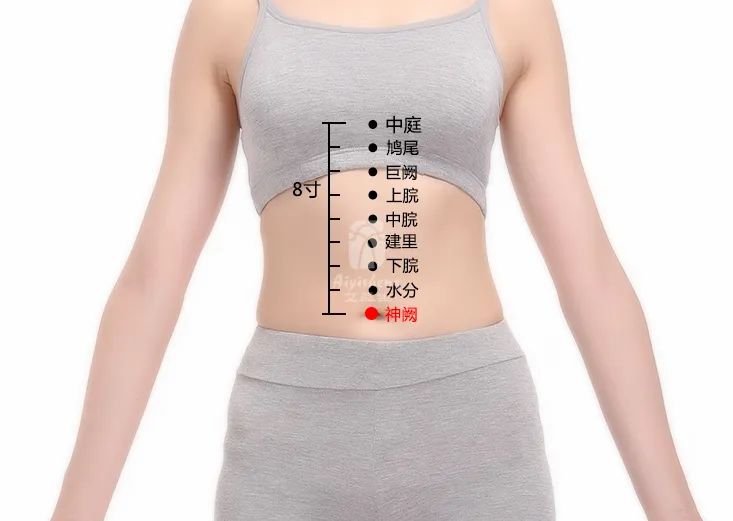
Guanyuan Point
Moxibustion at the Guanyuan point helps to warm and tonify the lower source, nourish Yin and strengthen Yang, positively affecting various symptoms caused by Yin Deficiency, such as improving digestive function, regulating reproductive health, and enhancing the body’s immunity.
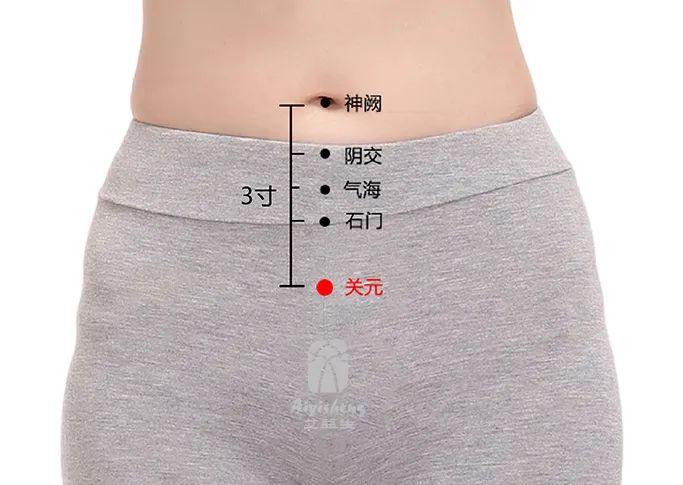
Zusanli Point
Moxibustion at the Zusanli point helps strengthen the spleen and stomach, tonify Qi and blood, and has a regulating effect on symptoms such as indigestion and fatigue caused by Yin Deficiency.
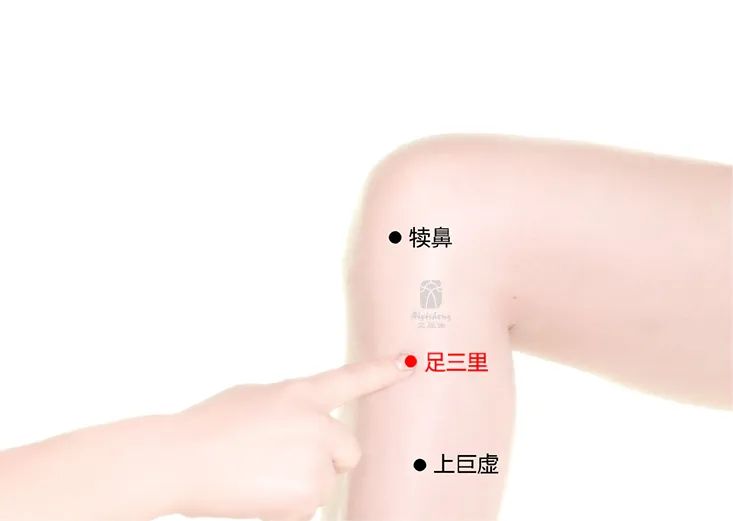
Sanyinjiao Point
Also known as the Sanyinjiao for gynecology, this point is effective for gynecological issues and can also strengthen the spleen, promote dampness, nourish the liver and kidneys, and enhance blood production, achieving the effect of nourishing Yin.
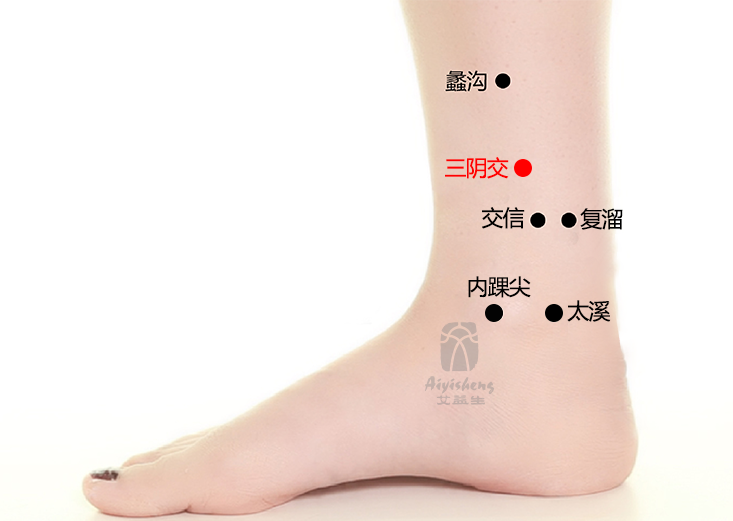
Taixi Point
Moxibustion at the Taixi point can help nourish Yin and lower heat, tonifying kidney Yin, which is beneficial for symptoms such as dizziness, tinnitus, and soreness in the lower back and knees caused by kidney Yin deficiency.
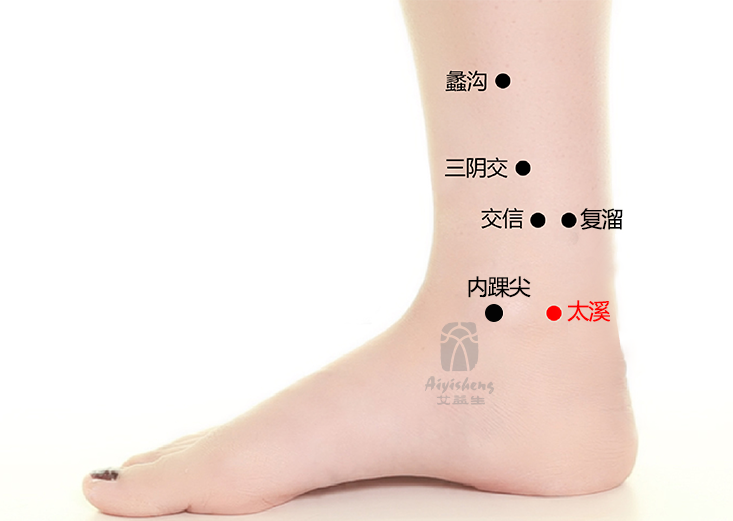
Yongquan Point
Moxibustion at the Yongquan point can help guide fire downward, nourish Yin, and lower heat, improving symptoms such as insomnia, irritability, and dry mouth caused by Yin Deficiency. (Click on the acupuncture point for more information~)
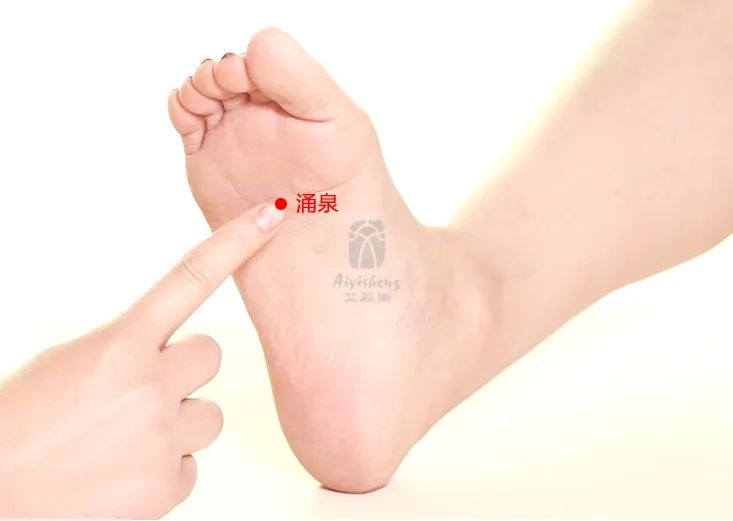
In addition to moxibustion, individuals with a Yin Deficiency constitution are advised to focus on a light, Yin-nourishing diet, favoring foods that are sweet, cool, moistening, and nourishing Yin, such as wheat, black sesame, peanuts, and white fungus; avoiding spicy, stimulating, fried, and high-fat foods.
It is also important to maintain a moderate amount of exercise in daily life, but not excessively, to avoid excessive sweating that depletes Qi and Yin. Additionally, ensure adequate sleep, maintain a cheerful mood, and activities like slow-paced music, yoga, and Tai Chi are beneficial for correcting Yin Deficiency constitution.
Family Gua Sha Teaching
Share this with friends to increase knowledge, don’t forget to “like 👍 + view 👀”, and saving it 🎁 for future reference is even better~(If there is anything else you want to know, feel free to leave a comment below.)





